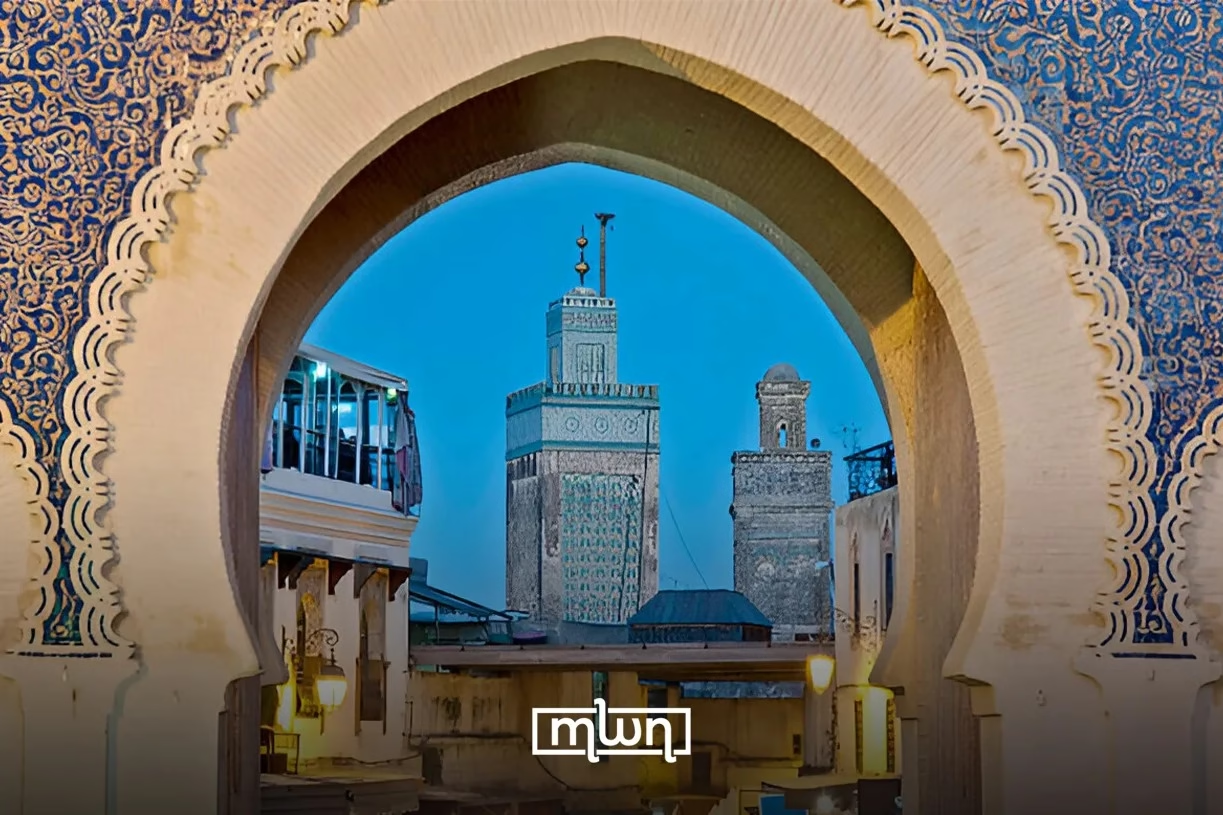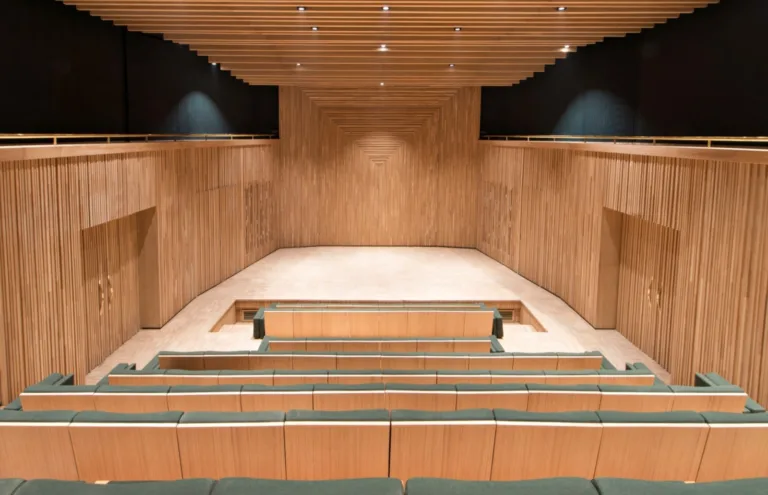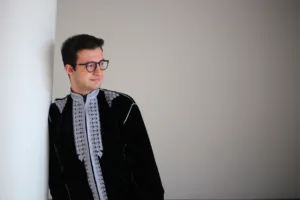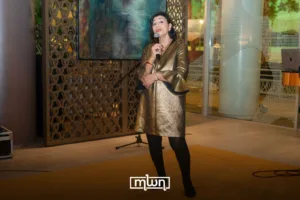In Fez everything is different and has a special touch even the Adhan.
Fez – In Fez, the call to prayer isn’t just heard; it’s felt. It’s not a background sound you tune out; it’s a part of the city’s soul, woven into the rhythm of daily life like the chime of a cathedral bell in an old European town, but warmer, louder, and far more poetic.
The adhan, or Islamic call to prayer, is universally recognized across the Muslim world.
But in Fez, it has its own fingerprint, a soundscape carved out of centuries of tradition and a city that doesn’t do anything halfway.
The mosques tucked within the old medina don’t just call the faithful to pray, they make a statement.
The voice is bold, the tone commanding, and the melody is stripped of frills ; it’s raw, purposeful, and unmistakably Fassi.
But what truly sets Fez apart isn’t just how the adhan is recited, but how it’s coordinated.
Here, the start of the call isn’t random or automated. Each muaddin waits until the minaret of Al-Qarawiyyin; the heartbeat of religious timekeeping in the city, signals the moment, either by raising its flag or lighting its lamp.
Then, in a dramatic unison, voices rise from every direction, echoing through alleyways, over rooftops, across centuries. It’s a moment that gives you goosebumps if you’re paying attention.
Read also: Essaouira Gnaoua Festival 2025: Highlights, Fusions, and What to Expect This June
And then there’s “Salat Al-Hawf.” This is where things get really interesting.
In some mosques like Bou Inania, the afternoon adhan comes later than usual. This secondary call is known as “Adhan Al-Hawf” essentially a backup call, an act of gentle compassion.
Its purpose? To give travelers or anyone who missed the main call a second chance. It’s like Fez telling you, “Don’t worry, you’re not too late. Come as you are.”
This isn’t just practical. It’s deeply human. It reflects a time when community mattered so much, even religious time was flexible, when sound wasn’t about scheduling, but about care.
Even the Friday prayer call in some areas like Bab Guissa is postponed to the tail end of the afternoon, making room for late arrivals, distant footsteps, or a weary traveler finally reaching the gates of the medina.
In Fez, the adhan is a ritual, a living, breathing piece of the city’s identity. And “Salat Al-Hawf” is a mirror of Fez at its finest: traditional but thoughtful, structured but forgiving, old-school but ahead of its time.
















